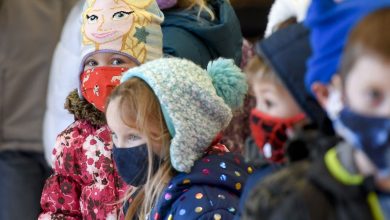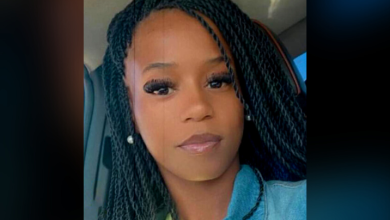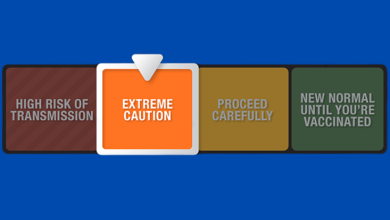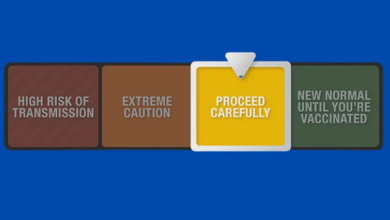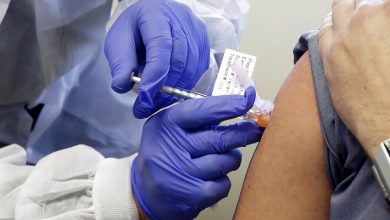What we know about the COVID-19 vaccine in children and pregnant women?
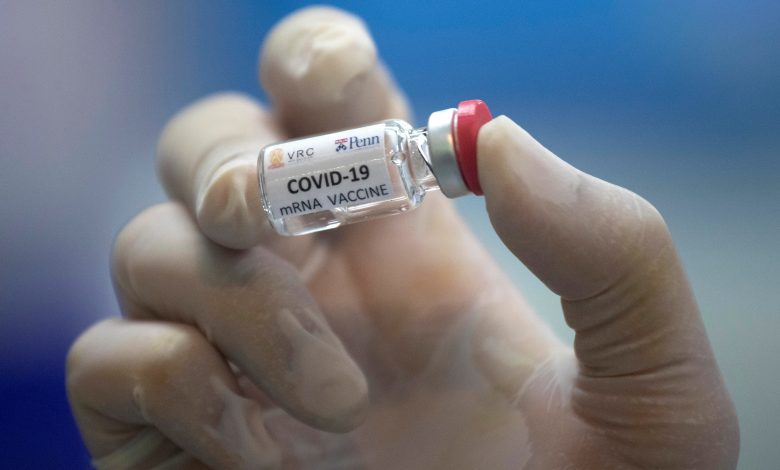
As a Cook Children’s pediatrician, Dr. Jason Terk is both at the front of the line to get vaccinated for COVID-19 and fielding constant questions from curious parents about vaccinating their children.
“The COVID-19 questions come pretty much every day,” he said. “I think the most important message for parents to know is that vaccines are not only safe and effective but absolutely necessary.”
For many kids, though, it won’t be an option just yet.
“Children are not little adults,” Terk said. “We have to understand that their biological systems are not just miniature versions of us.”
Pfizer’s vaccine, likely to ship out first, has been tested in kids 12 years and older.
In a statement, a Pfizer spokesperson said:
“We have submitted available safety data for the approximately 100 trial participants in the 12-15-year-old cohort who have received their second dose. The data will be submitted as part of Thursday’s Vaccines and Related Biological Products Advisory Committee meeting and we will address any questions on these data then.”
Moderna hasn’t started testing in children but plans to soon.
“I promise you I started getting calls the last two weeks already of the patients whose parents want to have the vaccine for them,” said Dr. Flor Munoz, a pediatric infectious disease professor at Baylor College of Medicine.
She believes it could be the end of 2021 before approval of vaccines goes down to the infant level. She says globally the AstraZeneca vaccine has been tested on children down to the age of 5 years old.
“We need to make sure that the dose that we give them is going to be safe in terms of not giving them a lot of reactions, which could happen with younger children,” she said.
It’s unclear where children would fall in the distribution line if the vaccines are authorized for them. Munoz expects those with underlying health conditions like heart and lung diseases or obesity could be grouped together with all at-risk health groups.
While children play a key role in spreading the virus, most aren’t at high-risk, so Munoz says there was less urgency in testing the vaccine on them.
Pregnant women, though, do struggle more with the virus and are more likely to end up hospitalized than non-pregnant women the same age. They also haven’t been included in testing. Munoz expects that to happen before infant approval happens.
“The reason I said it might be sooner is they’re adults, so it’s easier to make a bridge or a comparison between non-pregnant healthy adults and pregnant adults,” Munoz said.
Regardless of the timeline, Munoz and Terk say when a vaccine is authorized or approved for adults and children, everyone should be confident it will be safe. They worry about anti-vaccine entities attempting to stir up misinformation and myths.
“Of course, I would take it and of course people should take it,” Munoz said.
“I’m looking forward to getting mine,” Terk said. “Unfortunately, we had a witness to the outbreaks of measles and other vaccine-preventable diseases that are simply self-imposed wounds.”
For now, their advice is to get caught up on the flu shot and keep masking and distancing.
“It’s extremely important that we maintain our vigilance, even after COVID-19 vaccines are deployed,” Terk said.

